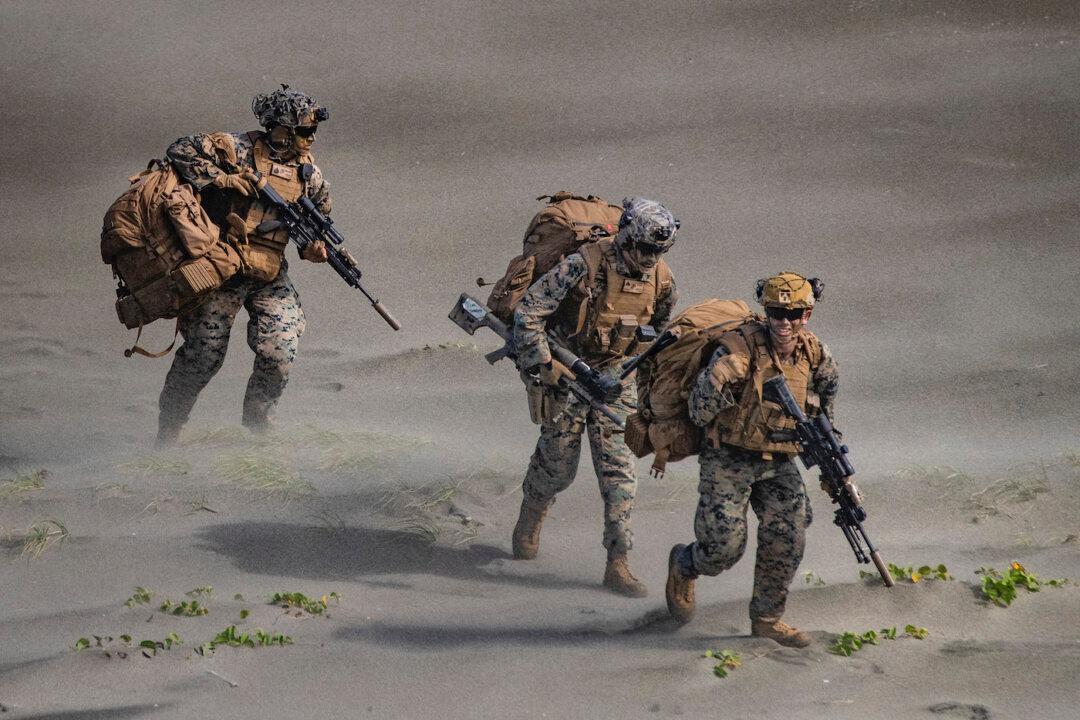The United States remains focused on bolstering its defense partnership with the Philippines despite its attention on the escalation in Ukraine and the Middle East, a U.S. general said on Thursday.
Maj. Gen. Marcus Evans, commanding general of the U.S. Army’s 25th Infantry Division, said in an interview with The Associated Press that the ongoing wars will not affect the U.S. presence in the Indo-Pacific region.





